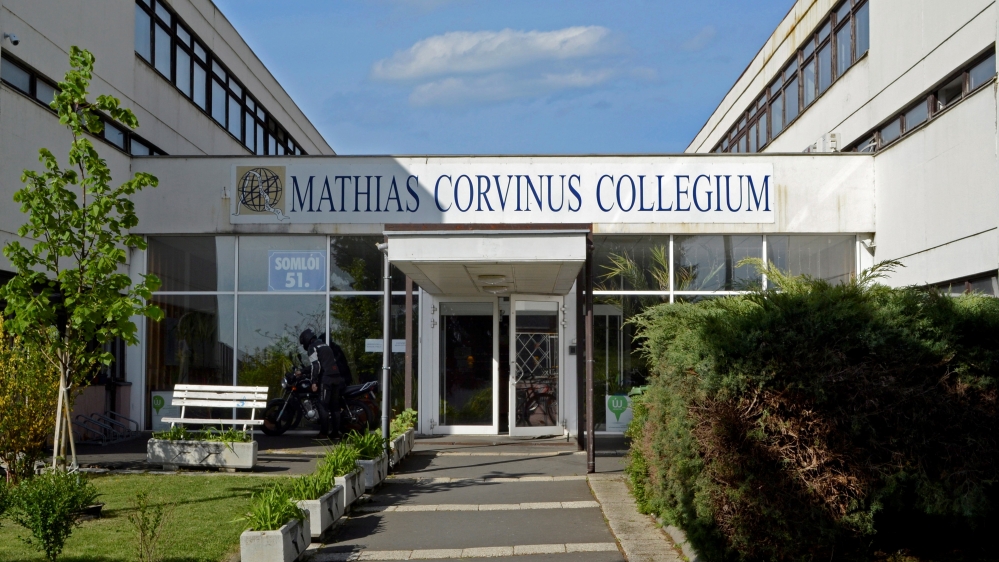Reading time: 3 minutes
From next autumn, Mathias Corvinus Collegium will certainly be available in 17 locations - we talked to Péter Lanczi, Deputy Director General of Mathias Corvinus Collegium.
What events and happenings would you point out as the most important in the life of Mathias Corvinus Collegium (MCC) from the extraordinary year that we have just left behind?
When the Hungarian National Assembly chose MCC as the base for talent development in the Carpathian Basin in spring 2020, it was a recognition of the effectiveness and values of the twenty-five years of work and took a stand that investing in the talents of the future pays off. MCC was established in 1996 as a private initiative to complement the conventional school system with gap- filling activities, not only to support talented young people but also to transmit our community values.
The task of public interest assigned to the endowment presented new challenges, therefore, at the beginning of summer, we began a rush to scale up the intellectual and human infrastructure of the institution.
By the end of August, the number of full-time academic members at MCC increased significantly. This provides our undergraduate students with the intensive and direct teacher-student contact that is the foundation of MCC's philosophy. Our courses offer useful knowledge on the crucial issues of our time, including law, social sciences, media, economics, international relations, psychology. We have created a “knowledge magazine”, Corvinák.hu, which provides opportunities for our teachers and students for regular publication. We have also launched a podcast channel broadcasting programs both in English and Hungarian. Both platforms have already achieved good results in the first months.
As reported in Origo, in September 2020 Imre Porkoláb took over the direction of our Leadership Academy and the related research unit. The Climate Policy Institute and the German-Hungarian Institute were also established, and we have also held several successful conferences and professional discussions.
The epidemic has been a constraint upon us all. MCC’s most important operating principles were challenged by the restrictions that we all know so well. We believe that classes do not end with the metaphorical ringing of the bell, evening lectures continue with late-night talks, and professional relationships mature into long-term human relationships and friendships. But all of this requires presence, presence-based events, community-building activities, time and, above all, the desire for this cooperation on the part of the participants.
Like everyone else, we tried to make the best of the situation. When it was still possible, we held events in person, then online, in compliance with the rules. In November, we also moved our high school and university courses into the digital space, following the related regulations. Our conference on patriotism was transformed into a multi-part series of online lectures. Although digital tools of education have become routine for everyone in recent months, when talking to our students and teachers, or based on their written feedback, we see that, in the online space, the kind of knowledge transfer that characterizes MCC requires much greater efforts from all participants.
We are confident that the restrictions imposed by the epidemic situation will soon be lifted and we can get back to normal.
To read the full interview, please click HERE.
